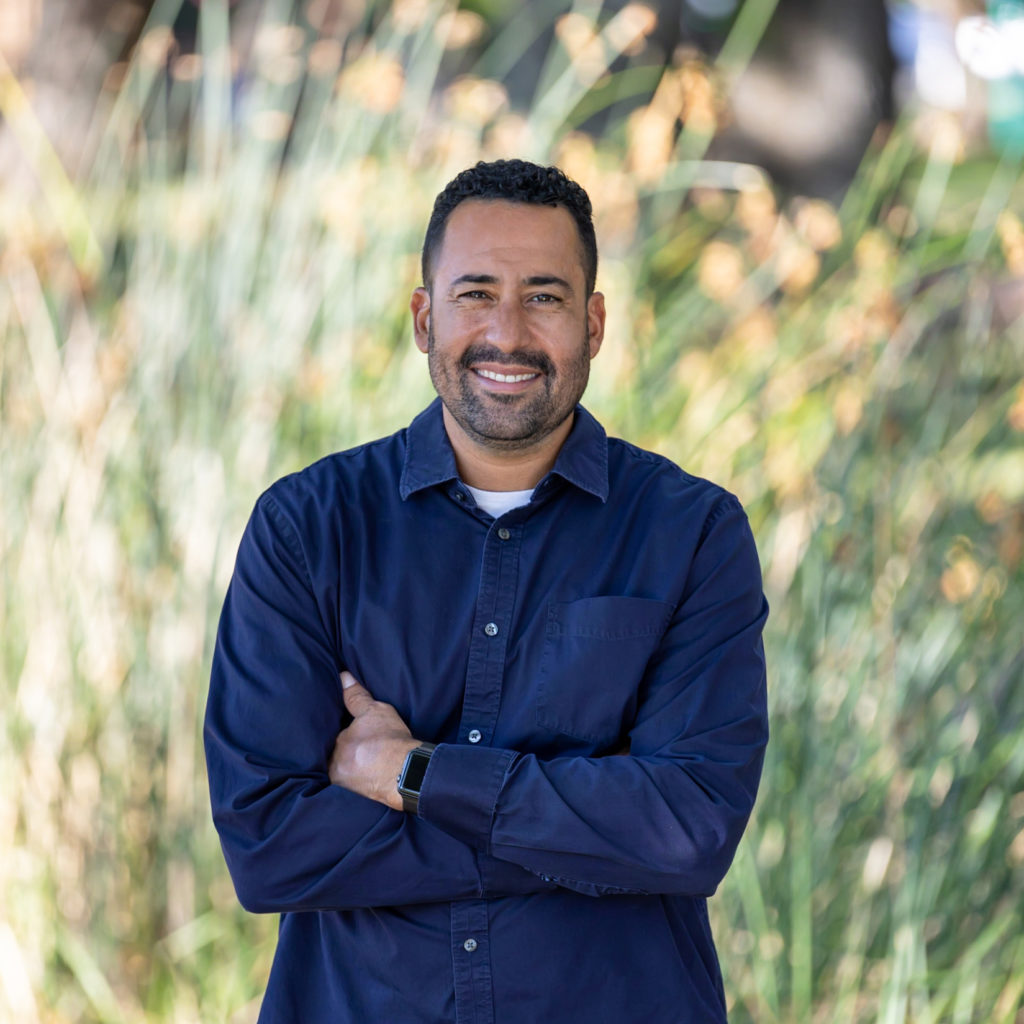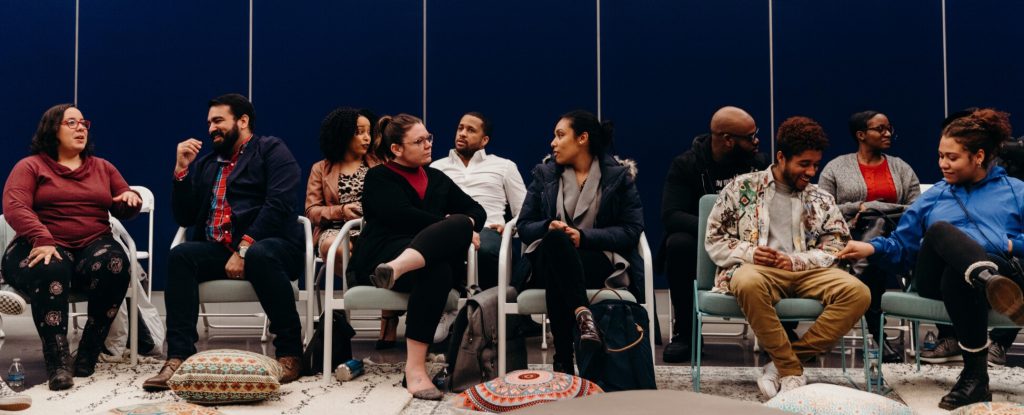Community Lawyering In The Midst Of A Pivotal Election
The Ask
In January 2020, the Texas Civil Rights Project sought a strategic thought partner and facilitator for a scenario-planning project. They knew the upcoming national and state elections, whatever the results, would significantly impact their work in advancing voting rights, racial and economic justice, and combating criminal injustice in the state.
Multiple scenarios were examined
- Democratic President and Congress, and Texas legislature less hostile to TCRP values
- Republican President and Congress, and Texas legislature more hostile to TCRP values
- A mixed outcome
This was no academic exercise. The results of scenario planning would shape TCRP’s:
- Immediate responses following the 2020 election.
- Organization-wide strategic planning objectives over the next three years.
Post-election, this dynamic social justice organization wanted to be ready to move with precision toward their ideal roles within Texas vis-à-vis a national progressive movement.
TCRP, a Texas-born, nationally recognized powerhouse
You may not know TCRP’s name, but you know their work.
Over its 30 years, this group of Texas lawyers and advocates has been building “toward a Texas where all communities thrive with dignity and justice and without fear.” Their work in the tumultuous years 2016–20 launched TCRP as a “nationally recognized powerhouse for civil rights litigation and advocacy.”
In 2018, TCRP found that the federal government had begun systematically separating immigrant families from their children by the thousands. TCRP continued its groundbreaking work to reunite separated families.
Over the years, TCRP has won landmark cases in voting rights, including a successful lawsuit that forced the Texas Department of Public Safety, which issues drivers licenses in the state, to allow voters to simultaneously register to vote or update their address when applying for or renewing a driver’s license or filing a change of address online.
The Grassroots Solutions’ approach
Know the territory
TCRP’s increasingly prominent role in the Progressive movement meant when you serve the organization, you serve the movement. In serving TCRP, Grassroots Solutions’ Practitioner Approach was instrumental in two ways:
1. We know Texas.
We had led strategic planning for key progressive Texas nonprofits and provided informal strategic guidance to many relevant Texas organizations. Further, our professional knowledge was matched by personal investment: Eric Marshall, the principal on this project, lives in Austin.
Intimate knowledge of and investment in states is exactly why GRS is geographically situated across the country.
2. We are deeply committed to advancing civil rights
Our deep experience in protecting and advancing civil rights has yielded subject matter expertise. And because our work cuts across electoral, nonprofit, philanthropic and advocacy spaces, we have a unique perspective on what works and the challenges in this landscape.
Combined, our expertise and awareness of grassroots ecosystems meant we could push conversation in constructive directions and, as opportunity arose, make strategic connections between TCRP and other key organizations.
Get the journey right
While all clients benefit from our keen attention to process, TCRP centered process from the start: enrollment, engagement and open communication were paramount.
To us, process is not a “set it and forget it” mechanism. It demands that we be adaptive to circumstances and needs. In this case, two pivots were required.
Pivot 1:
In the early days of the COVID-19 pandemic, we shifted this two-day, in-person workshop into a four-day online workshop, meaning we had to orchestrate online what would normally flow easily in a room. We considered all aspects, from which tools best evoked butcher paper and sticky notes, to what rhythms and groupings of participants would allow all voices to be heard and progress to be made.
Pivot 2:
The original plan dedicated day 1 to mapping scenarios and days 2-4 to each of the three scenarios. The process leaned heavily on paired and solo work, with some full-group conversation. On day 1 it was clear that this cerebral and passionate team craved full-group discussion. Further, there was consensus that the all-Republican scenario didn’t warrant a day’s attention: “We’re living it.”
In an overnight pivot, we called on our facilitation skills, knowledge of organizations and online tools. We created solo and paired worksheets that would feed into group discussion while still allowing for individual thought, and we patterned a dynamic interplay of sessions that would enable this leadership team to query the scenarios, develop tactics and strategies, determine resource needs, and identify what must happen no matter what.
On the surface, this might seem like highly practical stuff. We have found, however, that thoughtful, tactical structure enhances the experience of the participants, best serves the organization and, in the end, leads to meaningful progress.
Never lose sight of the goal
While the right process is essential, TCRP’s commitment to systemic change requires action. Their RFP made it clear that scenario planning should yield “productive, transformative and actionable results,” and that’s how we roll.
Every step built toward a robust action plan: clear goals that cut across the organization, regardless of which scenario came to pass, accompanied with by-department goals, owners and timelines, resource and staff needs. The roadmap was built.
Moving forward
Scenario planning at this critical juncture—in our nation and as TCRP was increasingly high-profile—proved foundational to TCRP’s role in the progressive movement, in Texas and nationally. Their takeaways were:
- A blueprint to follow to be a leader in all scenarios, regardless of election outcomes.
- A sharpened question. “Community lawyering” came up frequently as a way to frame TCRP’s work—the synergistic combination of a legal shop (TCRP’s origins) with organizing (a more recent capacity). As a pioneer in this arena, TCRP is ready to tackle the question of how to define and operationalize community lawyering.
- The basis for organization-wide strategic planning: Scenario planning allowed TCRP to imagine different ways of being a leader in the progressive movement. That, combined with their focus on community lawyering, meant TCRP is now sharply focused as they take their step, their second-ever strategic planning.
Reflections / What we’re proud of
Our subject matter expertise in civil rights and our intimate knowledge of its landscape allowed us to bring illuminating, sometimes challenging questions that pushed and probed in constructive directions.
Our own histories as leaders in progressive organizations, as well as our day-to-day operations at GRS, enabled us to synergistically center the experience of participants and serve TCRP’s short- and long-term needs
Bringing our lived experience to bear, we are proud of helping TCRP’s leaders pave the way for the next chapter of their important civil rights organization. Serving TCRP, in our way, serves the movement.







